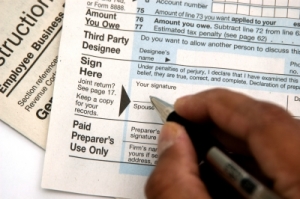On 15 October 2009 the most senior tax-policy advisor to the Australian Federal Government, Dr Ken Henry (Chair – Australia’s Future Tax System Review Panel and Secretary to the Treasury) gave an Address to the Committee for Economic Development of Australia.
In that address he identified 6 areas of future opportunities and challenges governments will need to address in respect to taxation. At the very top of his list was:
“the ageing of the population, posing challenges for the financing of retirement incomes and of increasing health and aged care needs”.
Dr Henry said that taxes levied on broader bases would be more efficient policy tools, probably more equitable and certainly more transparent ways of raising revenue. Without such tools, governments would otherwise be compelled to continue to rely on bad taxes to achieve their spending objectives.
What does this mean, and why should you care?
A number of senior political commentators have recently speculated in mainstream Australian newspapers, that Death Duties, Estate Taxes or Inheritance Levies might well be one of the options likely to be seriously explored, as part of the current tax-reform inquiry.
The re-introduction of death duties could have a severe impact on most deceased estates, unless great care has been exercised to create an effective estate-plan. This is just one example of how a change in the law could drastically affect you & your family. Make sure that you have a valid, effective & integrated estate plan. And keep it up to date.






